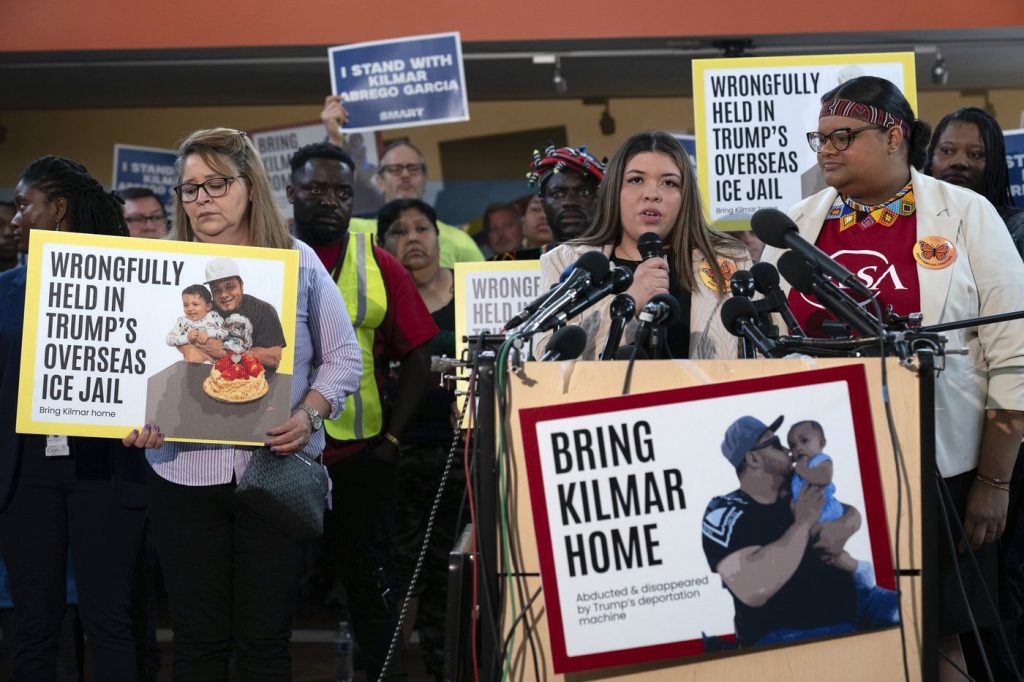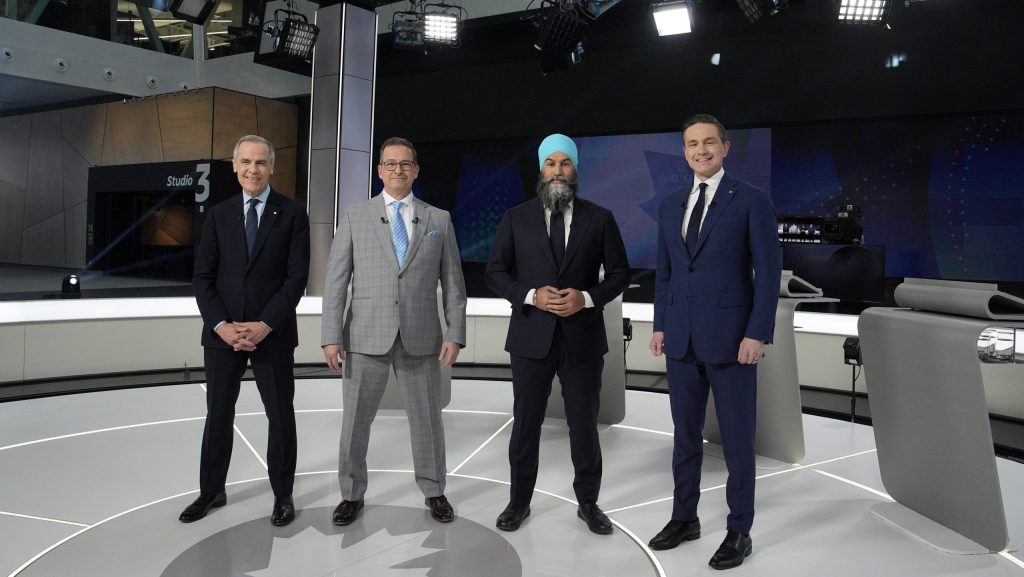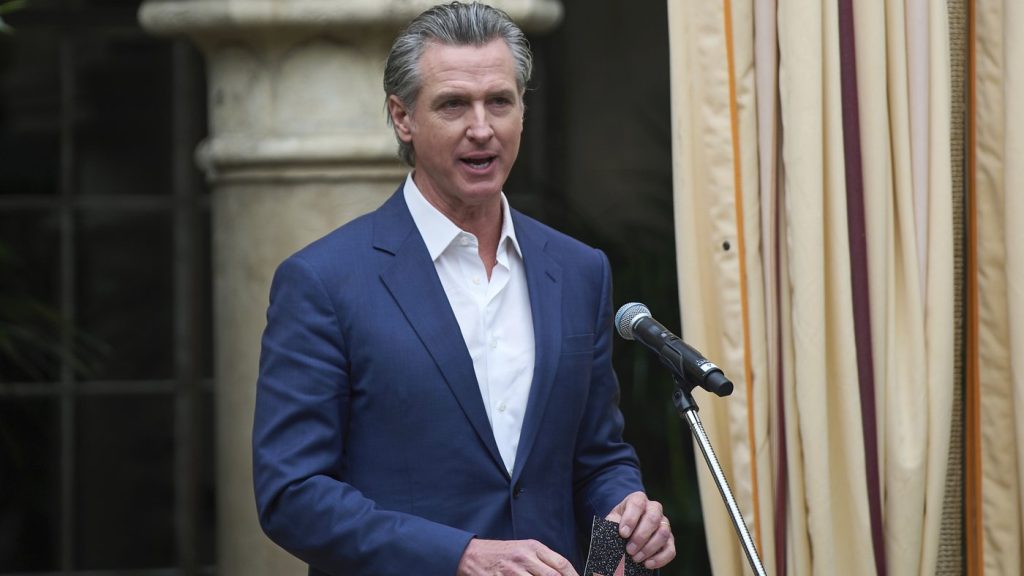In a significant legal decision, the 4th U.S. Circuit Court of Appeals has condemned the Trump administration's refusal to facilitate the return of Kilmar Abrego Garcia from an El Salvador prison to the United States. The three-judge panel issued a unanimous ruling, stating that the administration's stance should be "shocking" and represents a serious challenge to the balance of power between the executive and judicial branches of government.
Judge J. Harvie Wilkinson III, a Reagan-era appointee, emphasized in the ruling that the executive branch must recognize the rule of law as essential to American values. He noted that this case presents an opportunity for the government to uphold these values and act in accordance with the judicial directive. The court criticized the administration's position as one that allows residents of the U.S. to be imprisoned abroad without due process, a founding principle of the American legal system.
The ruling escalates tensions between the judiciary and the executive, highlighting concerns over the judiciary's legitimacy and the potential public perception of lawlessness within the executive branch. The judges noted that such perceptions are damaging to both institutions and indicated that citizens have a fundamental expectation of liberty that should not be disregarded.
When questioned about Garcia's due process rights, President Donald Trump deflected, stating that he must adhere to advice from his legal team. He acknowledged that there were aspects of Garcia's case that might make it winnable on appeal, without directly addressing the due process concerns raised by the appeals court.
The Justice Department, which has remained relatively quiet on the matter, argued in its appeal that courts lack the authority to compel the President or his officials into specific diplomatic actions. They asserted that a single district court had overstepped its bounds by intervening in U.S. foreign policy decisions. The appeals court rejected the government’s request to stay the lower court's order for sworn testimony from officials at U.S. Immigration and Customs Enforcement (ICE), the Department of Homeland Security, and the State Department.
Wilkinson's opinion reflected a conservative judicial perspective but also indicated a readiness to uphold the rule of law, which complicates potential criticisms from the White House about political bias in the judiciary. Joining him in the ruling were Judges Stephanie Thacker and Robert Bruce King, both Democratic appointees, which adds a layer of complexity to the narrative of judicial opposition to the Trump administration.
The Trump administration's refusal to act follows a Supreme Court ruling earlier this month mandating that steps be taken to ensure Garcia's return. The Court affirmed U.S. District Judge Paula Xinis's order requiring the government to facilitate Garcia's release and handle his case as if he had not been wrongfully deported. Garcia has been characterized by administration officials as a "terrorist," despite no criminal charges being filed against him in the U.S. Meanwhile, Salvadoran President Nayib Bukele has stated he will not allow Garcia's return, equating it to smuggling a terrorist into the country.
Despite general acknowledgment that Garcia was wrongly deported, the current administration has maintained its hardline stance against his return, echoing claims of gang affiliations without tangible evidence to support these allegations. The appeals court confirmed that despite any potential links to gang activity, Garcia is entitled to due process, reinforcing the necessity for legal fairness in his situation.
As the case continues to unfold, it serves as a critical test of the boundaries and responsibilities of the U.S. government in handling cases affecting individual rights amid broader discussions of immigration policy and national security. The tension persists as the judicial branch insists on the application of due process while the executive branch struggles with its diplomatic obligations.












